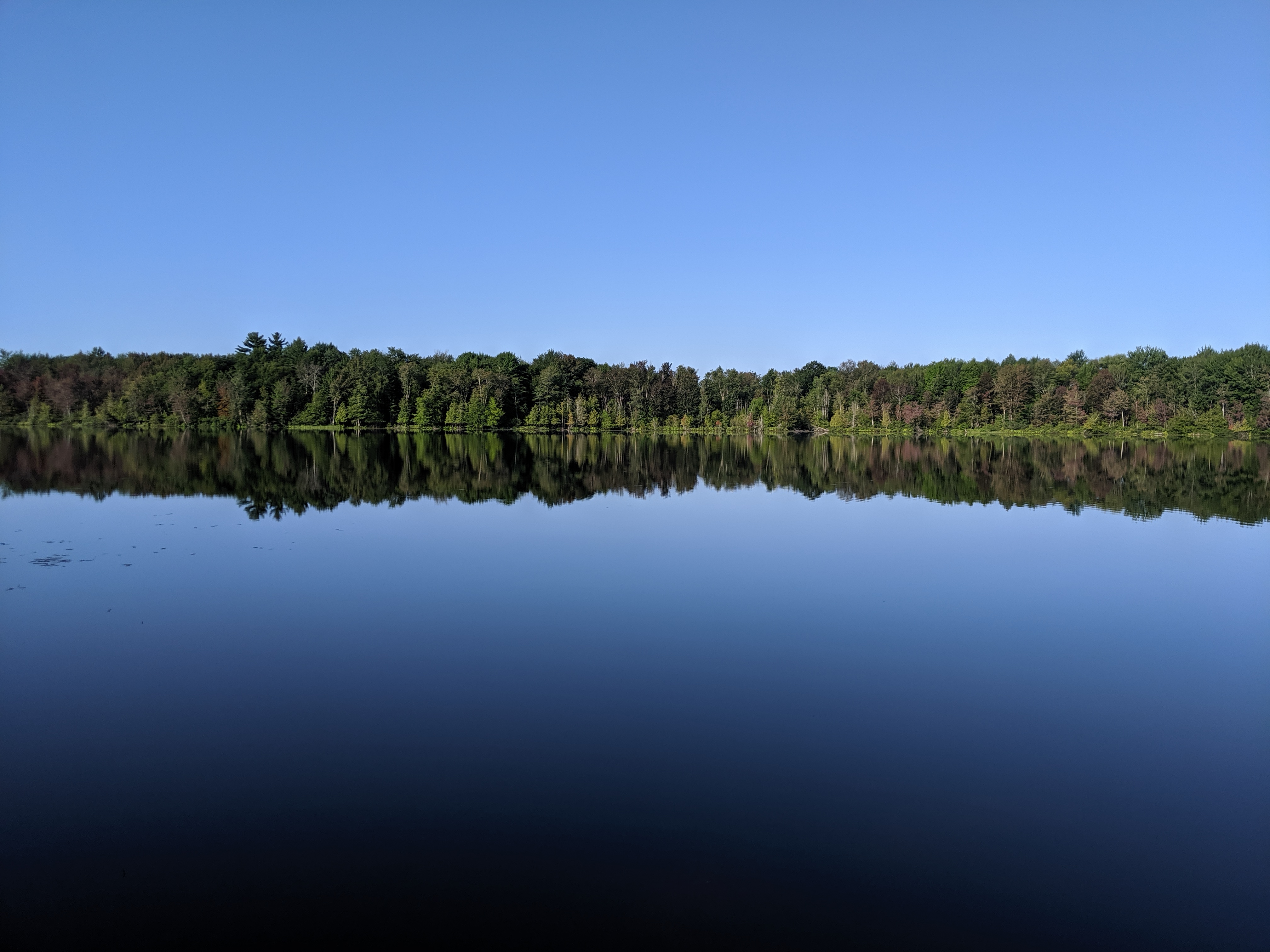
There is a History of Native American writing, speaking, and public engagement that is not broadly known.
NEED
pROBLEM
AIM
In August 2013, the Archives & Special Collections of Amherst College purchased the private collection of Pablo Eisenberg of nearly 1,500 books written by Native American authors. Since then, Amherst College Archives & Special Collections has actively and intentionally built a collection of books, newspapers, and other printed materials authored by Native American writers, artists, and creators of all kinds. The Collection has expanded to more than 3,500 books, ranging from sermons published in the 18th century to comic books and zines published this year. Books are acquired through purchase and gift; we strive to acquire material directly from authors, tribal communities, and Native-owned bookstores whenever possible.
From the beginning, it was clear that these books belonged to larger networks and this site represents multiple ways of visualizing and engaging those networks of authors, communities, and stories. Through collaboration with faculty and students in the Five Colleges as well as tribal historians, librarians and other community members in New England, we continue to explore ways to represent the collection that go beyond the bounds of traditional cataloging.
Need
- There is a history of Native American writing, speaking, and public engagement that is not broadly known.
- Collections of such materials exist, but may not be available online; when they are, they are not well-linked to each other, and they may be presented without appropriate contextualization.
- Many of these collections are held by institutions that use systems of cataloging and access that reflect Western, colonial systems of information organization and terminology.
- The existing state creates barriers to discovery and use by the very communities these Native American authors and intellectuals are from (and to other users as well).
- The existing state creates barriers to collecting institutions wanting to increase access to these materials in respectful and reciprocal ways.
Problem
- Current library metadata practices often obscure indigenous identity and tribal sovereignty.
- Published materials in the public domain under US Copyright law may contain information that tribal members do not want publicly available.
- Researchers approaching Native Studies through colonial libraries and archives are often unaware of how to engage with Native communities.
- Librarians and archivists collecting these materials may be unaware of existing ethics and protocols, or in need of additional guidance.
- Vast amounts of material held by small tribal libraries may be difficult to discover and link to related holdings in colonial repositories.
- Most existing metadata schemas and systems for digital collections do not have the capacity to address these issues.
Aim
- Networks, both human and technological, can provide a solution.
- This project will develop a decentralized organizational and technological network of collections of Native American writing and other statements intended for the public sphere.
- These networks will be built slowly, over time, and with broad consultation and collaboration; the value of building this as a network is that each node can contribute at its own pace, and partners can be added over time. Developing a network also builds in sustainability, as no single node is responsible for the entire network.